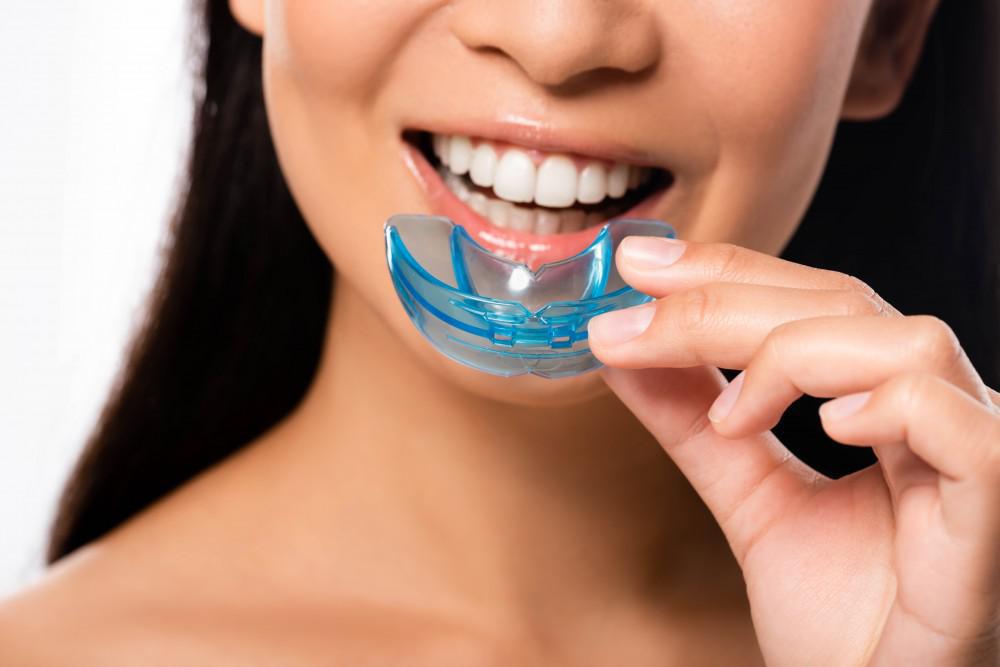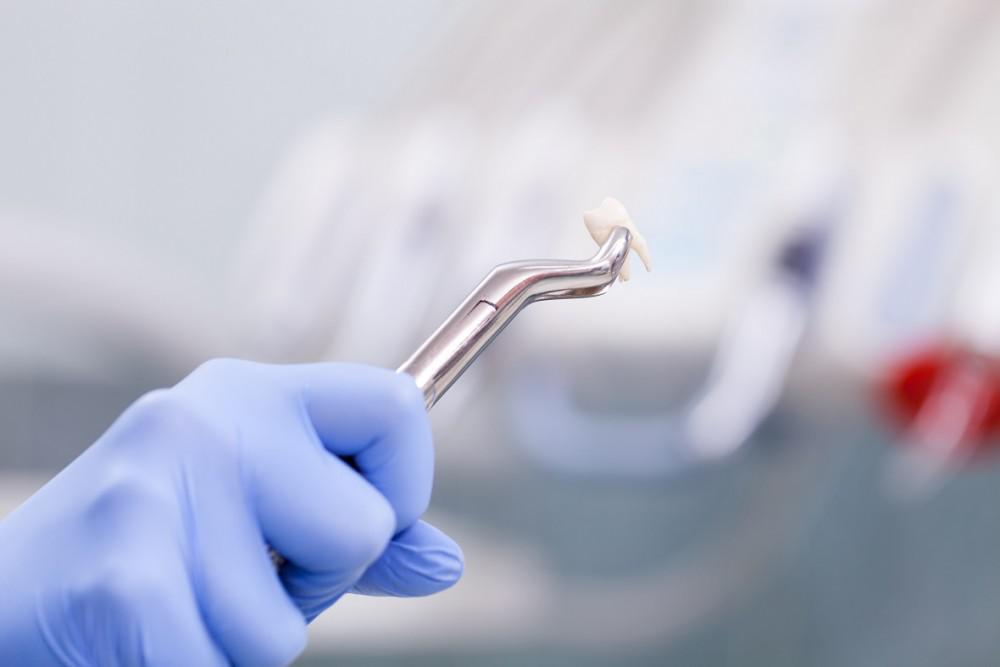How to Keep Your Dentures Clean
Did you know that about half of all American adults are missing at least one tooth? What’s more, about 36 million adults have no natural teeth. That means millions of Americans rely on dentures to preserve their smiles and oral function.
If you’re one of them, you want to do all you can to keep your dentures looking and feeling their best. Julie Strauss, DMD, and our team at Strauss Dental in Oregon City, Oregon, offer these five helpful tips to keep your dentures clean and fresh.
1. Brush regularly
Use a soft-bristled brush and a small amount of toothpaste to gently scrub your dentures, making sure to get in between every tooth and all around the clasps that hold your dentures in place. Make sure to remove all traces of adhesives if you use them. Regular cleaning ensures your dentures don’t develop an odor or unattractive staining.
2. Avoid abrasive toothpaste
Abrasive or whitening toothpaste can damage denture materials, causing scratches that could leave your dentures looking worn, scuffed, or stained. Opt for a basic toothpaste instead. Not sure which one to use? Give us a call, and we can help.
3. Freshen up
Rinse your dentures and your mouth after eating to remove food particles that can become trapped under the denture framework. Rinsing also removes any residues that could cause yellowing or staining. Carrying a little bottle of mouthwash keeps your mouth and dentures fresh when you’re on the go.
4. Use a case
A denture case keeps your dentures safe and clean when not in your mouth. Never store dentures wrapped in a napkin — you might accidentally throw them away, and they can be damaged in a purse or pocket. Fill the case with water to keep your dentures moist when not in your mouth.
5. Soak overnight
For extra freshness, drop a denture cleansing tablet in the case for a deep, overnight clean that works while you sleep. Just don’t use products that contain whiteners or bleaching agents.
More denture care tips
Cleaning dentures is important, but there are other things you should do to get the most from your dentures.
Don’t sleep in them
Dentures are made for daytime wear. If you keep them in while you sleep, they could slip and cause a choking problem. If you grind or clench your teeth when you sleep, that extra pressure could damage your dentures or cause sore spots on your gums or palate.
Have them adjusted
After you lose a tooth, your jaw bone in that area starts to atrophy — wear away and get thinner. That means your dentures won’t always stay snug: They’ll need regular adjustments to fit properly over time — and to prevent embarrassing slippage.
Pay attention to sore areas
Your dentures should always be comfortable and never cause pain or discomfort. If you develop a sore spot or your dentures stop fitting the way they normally do, it could be a sign of a developing problem. Call the office right away so we can fit you in as soon as possible. Ignoring sore spots could lead to serious infections, and ill-fitting dentures could be caused by an abscess or a benign or cancerous growth.
Keep them out of the heat
Dentures are made of durable material, but they’re not designed to withstand excessive heat. If you leave your dentures in the sun or on top of a radiator, they could become warped — even if they’re in their case.
Don’t skip appointments
No matter how many teeth you’re missing — even if you’re missing all your teeth — you still need to visit the dentist regularly. Dr. Strauss does more than care for teeth — she cares for the rest of your mouth, too. Regular dental visits are essential for maintaining oral health and preventing potential problems, including infections and oral cancers.
If you have questions about dentures, call 503-656-2139 or book an appointment online with the team at Strauss Dental today.




